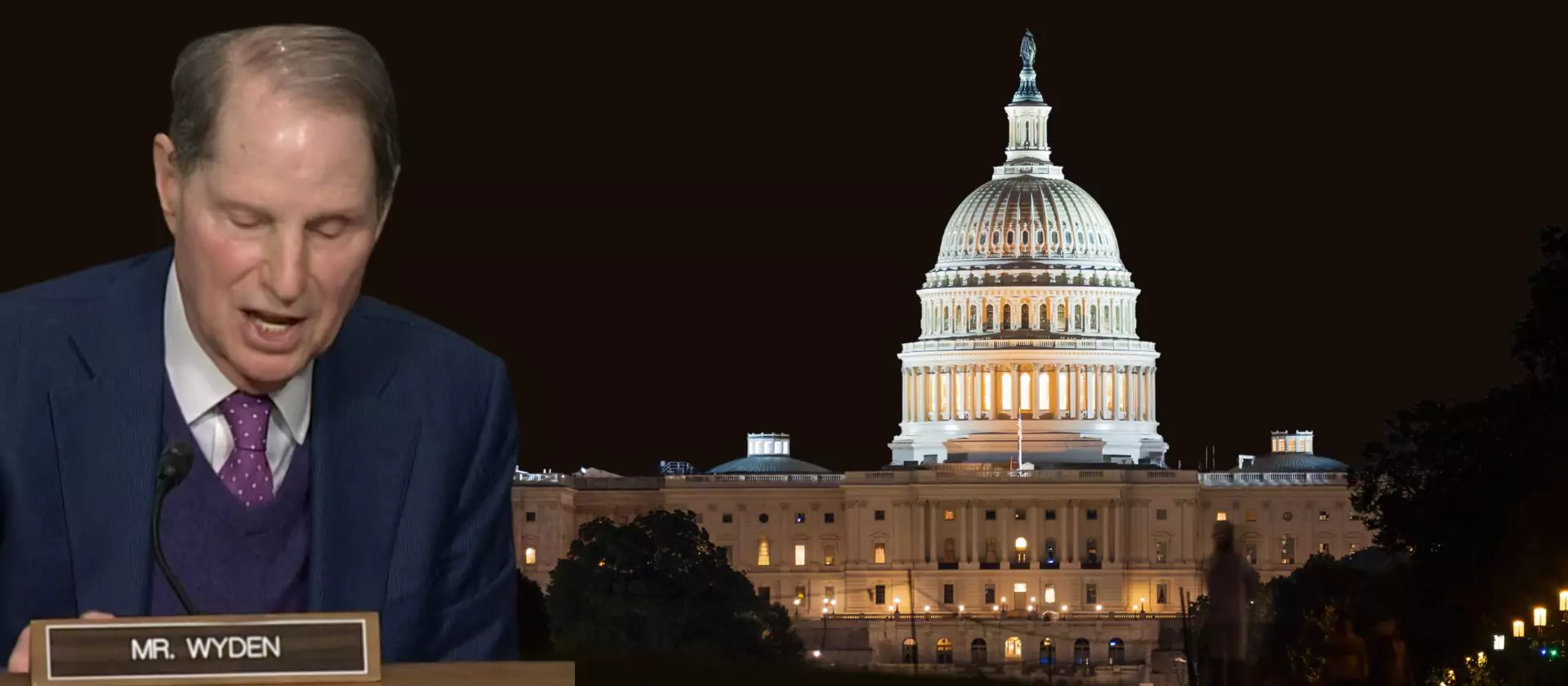Some months ago I learned through the newspaper that my bank had gone belly up, one more casualty of the economic crisis. In an earlier era, I surely would have dashed to the bank and joined the angry mob outside demanding, to no avail, our money back. But I knew that the Federal Deposit Insurance Corporation (FDIC), which the federal government created in the wake of the Great Depression, protected my savings.
Government plays a vital, usually unacknowledged, role in our economy and in the well-being of our communities. In a democracy, government — local, state and federal — is how We the People pool our resources to accomplish those things that we cannot do individually.
The current economic crisis has showcased government’s vital role. A crippling run on the banks probably would have occurred by now, but for the aforementioned FDIC. More families would be struggling to keep food on the table, but for the protection that our food stamp program provides to one out of every seven Oregonians. Many of our unemployed and their families would be suffering even more, but for the state’s unemployment insurance system, which helps them make ends meet while they seek work.
But to our detriment, many people don’t recognize the link between government and the many services and systems that improve all of our lives. In a speech to the City Club of Portland a few years back, pollster Adam Davis observed that while “Oregonians feel that the state pays too much on services they consider far less important than education, public safety, healthcare, and services to seniors,” most do not know that those three areas “make up over 90 percent of the state general fund budget, leaving very little to cut in other areas.”
More recently, a biennial state survey found that only 12 percent of Oregonians could identify the state’s major revenue source (the personal income tax) and major spending category (education) in short “multiple choice” lists.
That disconnect should not surprise us. Over the past three decades, starting with President Reagan’s famous remark that “government is the problem,” anti-tax, “free-market” zealots have waged a successful campaign to vilify the role of government.
The attacks persist, even after the biggest economic crisis in a generation has exposed the folly of trusting in a self-regulating, all-knowing market. In fact, this crisis has demonstrated that to have a well-functioning market you need — you guessed it — good government, in the form of proper regulation.
Government, of course, is far from perfect. What human institution isn’t?
The real problem is not government’s inevitable imperfections. Rather, it is that as wealth and power become concentrated in ever fewer hands, government’s pursuit of the common good takes a back seat to the advancement of narrow private interests. Wall Street’s successful drive to strip away regulatory protections and the ensuing disaster for our nation is a case in point. The general public’s lack of engagement and unfortunate acceptance of anti-government rhetoric facilitate the disruption of government’s legitimate role.
But there’s hope that people are rediscovering the essential role of government in our country’s success. A Gallup poll last month found that a majority of Americans trust government, not U.S. businesses, to “solve the United States’ economic problems.”
A greater appreciation of the vital role of government cannot come too soon here in Oregon. Right now, a $3 billion-plus state budget deficit threatens many of Oregon’s public structures. The well-being of our schools, our seniors, our kids, our communities — all of us — is at risk.
As a nation and as a state, we face daunting problems. Solving them begins by rediscovering and embracing government’s essential role in our economy and our communities.
Juan Carlos Ordóñez is communications director of the Oregon Center for Public Policy, which does in-depth research and analysis on budget, tax, and economic issues with the goal to improve decision making and generate more opportunities for all Oregonians.
Posted in Hunger and Food Assistance.
More about: unemployment/underemployment





